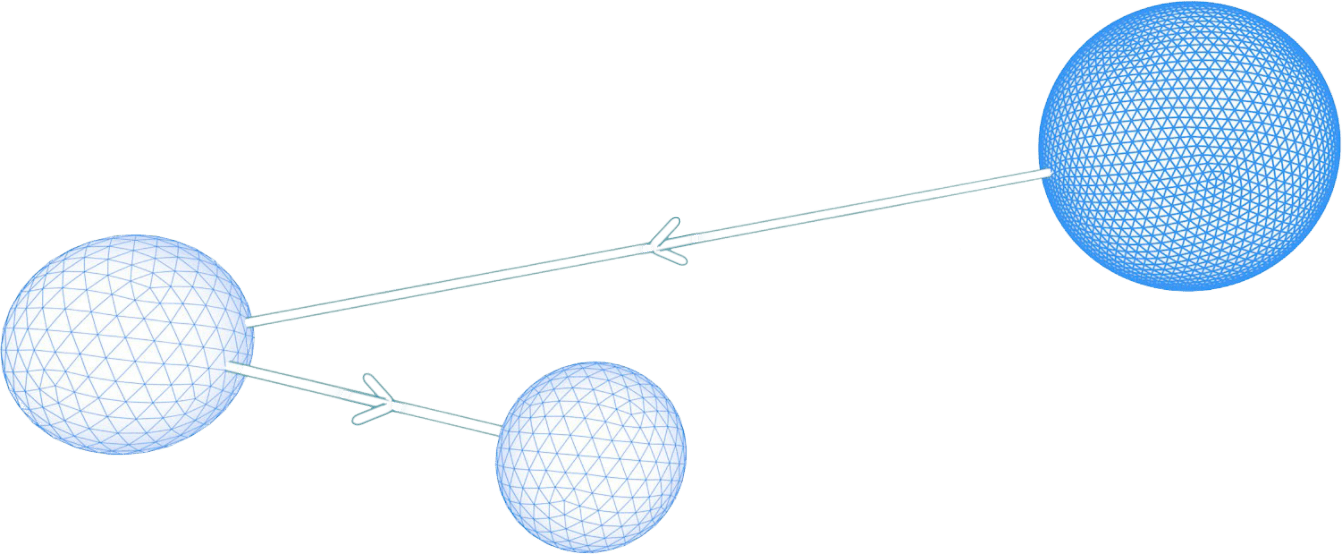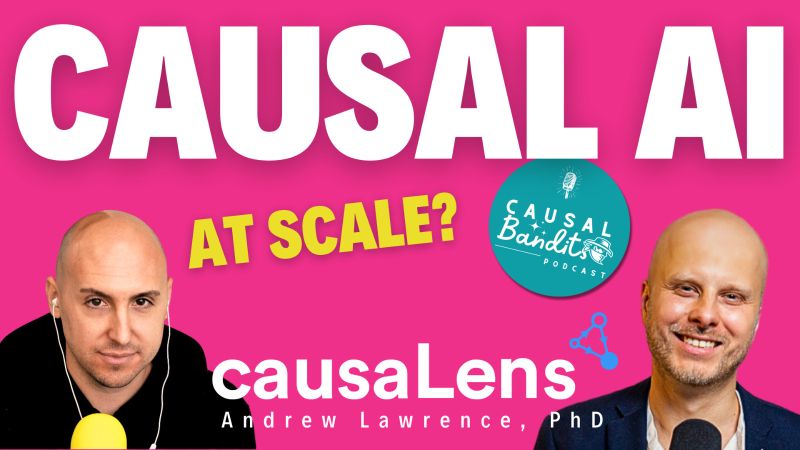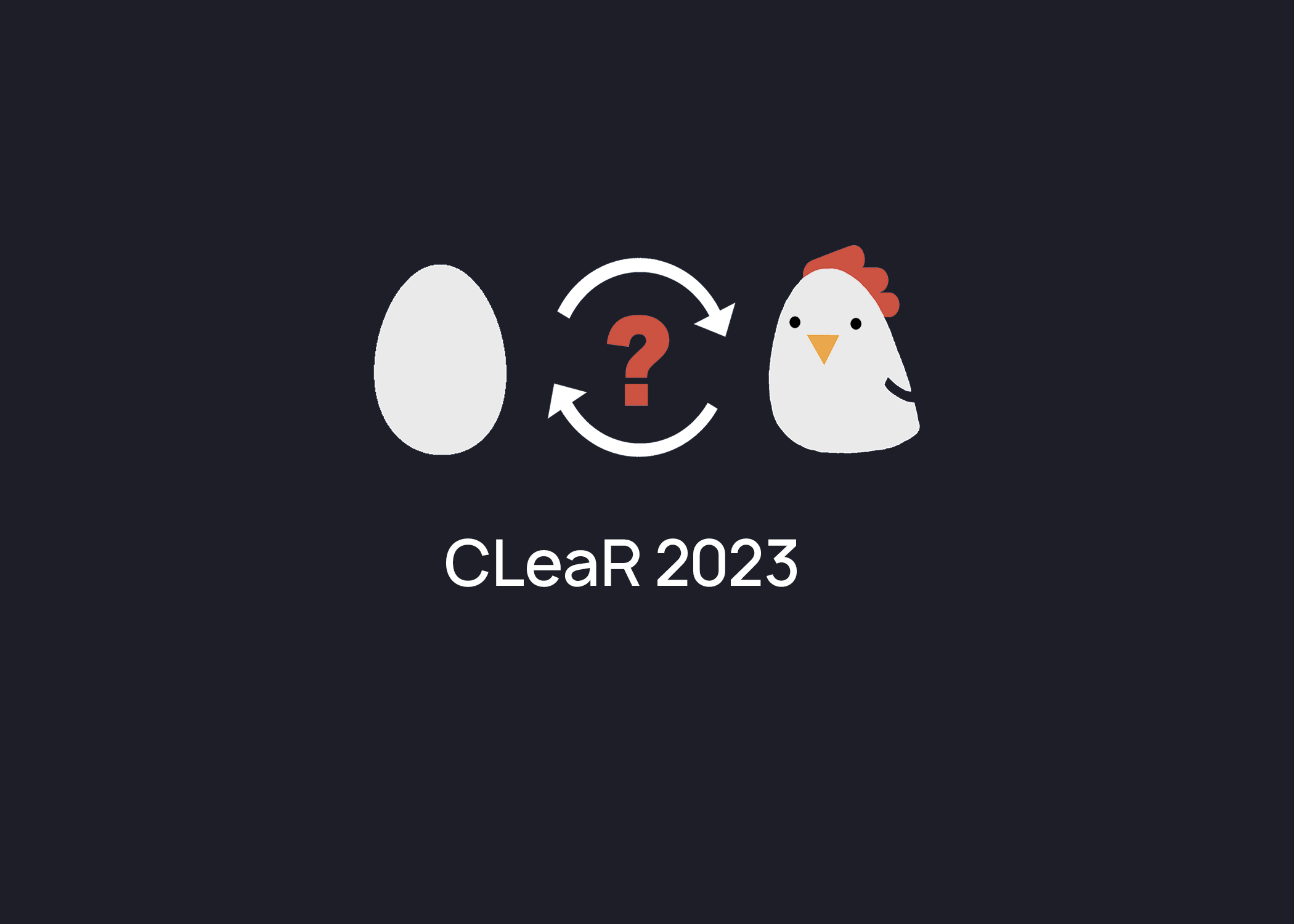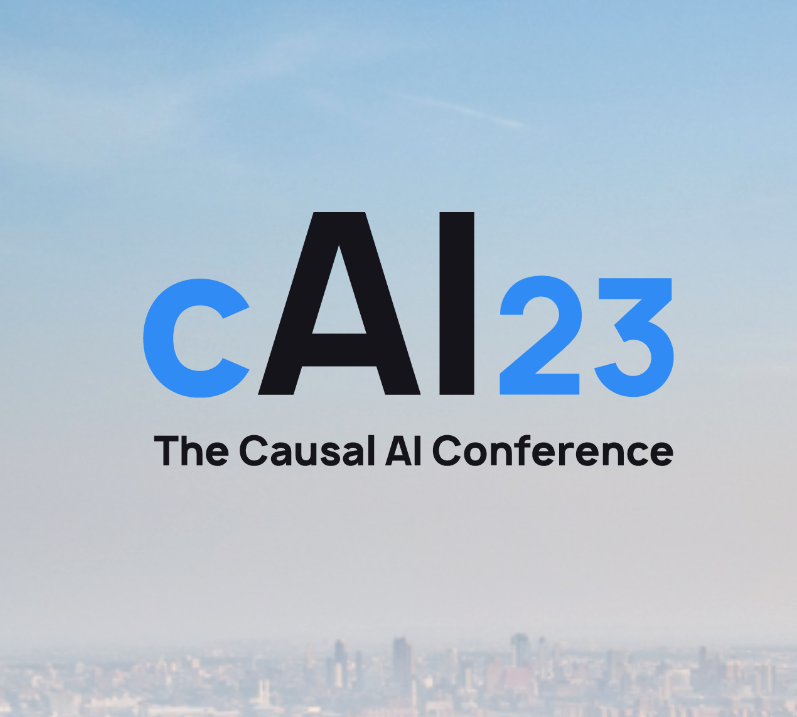Events
Learn about the latest events and where we will be showcasing our latest developments.
How Causal AI Can Be Used to Enhance Enterprise Decision Making?
causaLens' Andrew Lawrence, PHD, Director of Research joined Aleksander Molak on the Causal Bandits podcast to discuss Causal AI at scale!
Read moreThe Causal Bandits Podcast: Causal AI, Modularity & Learning
causaLens' Andrew Lawrence, PHD, Director of Research joined Aleksander Molak on the Causal Bandits podcast to discuss Causal AI at scale!
Read moreCLeaR (Causal Learning and Reasoning) 2023
We are excited to sponsor and attend CLeaR 2023! Causality is a fundamental notion in science and engineering. In the […]
Read moreA Revolution in AI: AI That Understands Cause and Effect Podcast
causaLens' Andre Franca, PhD, VP of R&D joined Ravit Jain on the Ravit Show to discuss AI that understands cause and effect. Andre explains Causal AI and how it is being used today.
Read moreThe Causal AI Conference 2023
Why now? “Causality is very important for the next steps of progress of machine learning.” Yoshua Bengio As the pioneers […]
Read moreCategory Management & Shopper Insights Conference
The 2023 Conference will focus on Activating Insights for a Dynamic Future. With 5 incredible tracks framing the conference, they […]
Read moreShoptalk
Come see us at Shoptalk 2023 to see a demo of our Retail Pricing and Promotion use case powered by […]
Read moreCDO Exchange 2023
Come see us at CDO Exchange 2023 to learn how we can help your business decision-making with decisionOS our decision-making […]
Read moreGartner Data & Analytics Summit
Come see us at the Gartner Data and Analytics Summit in Orlando, FL and see a live demo of decisionOS, […]
Read more







